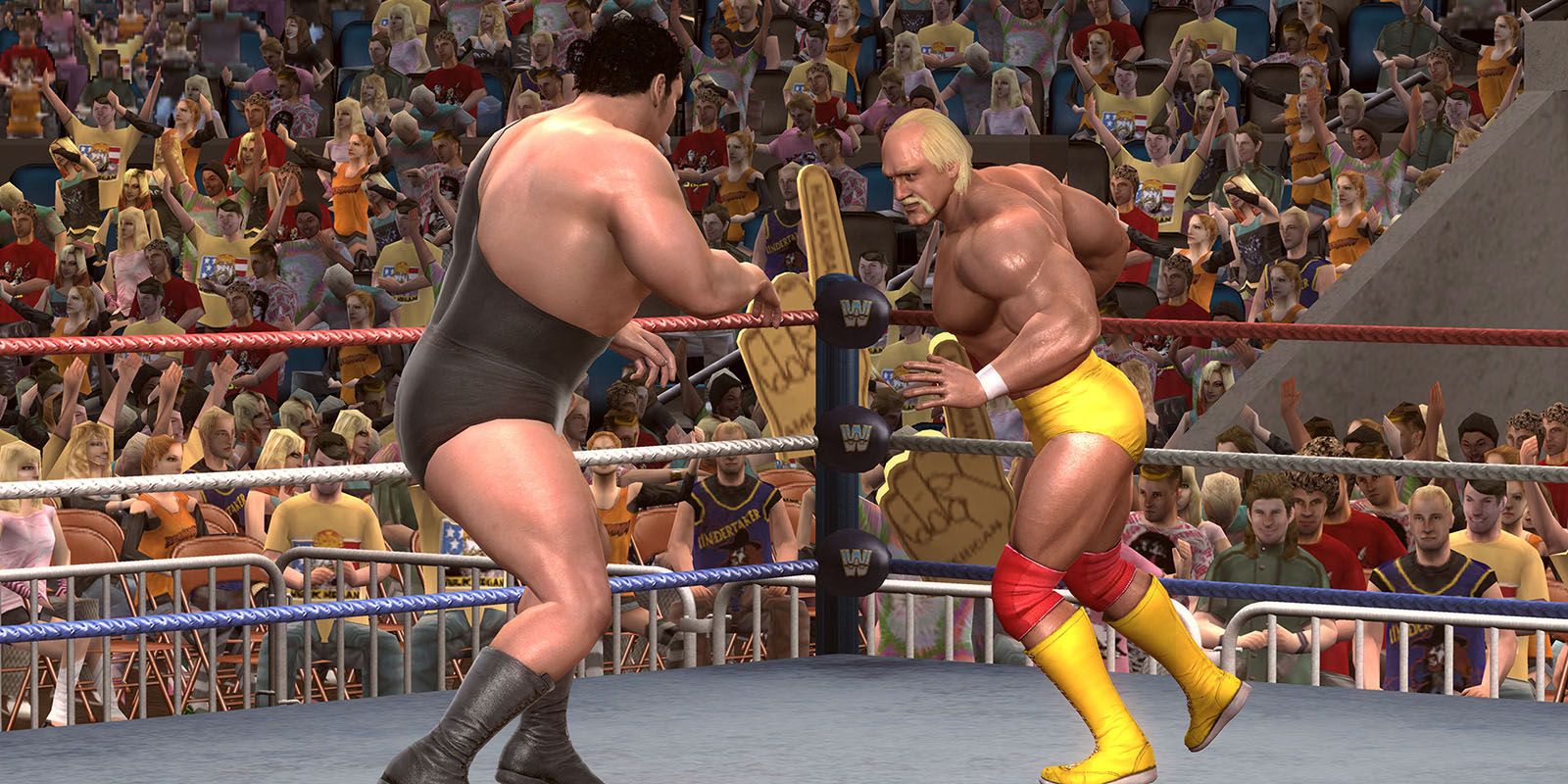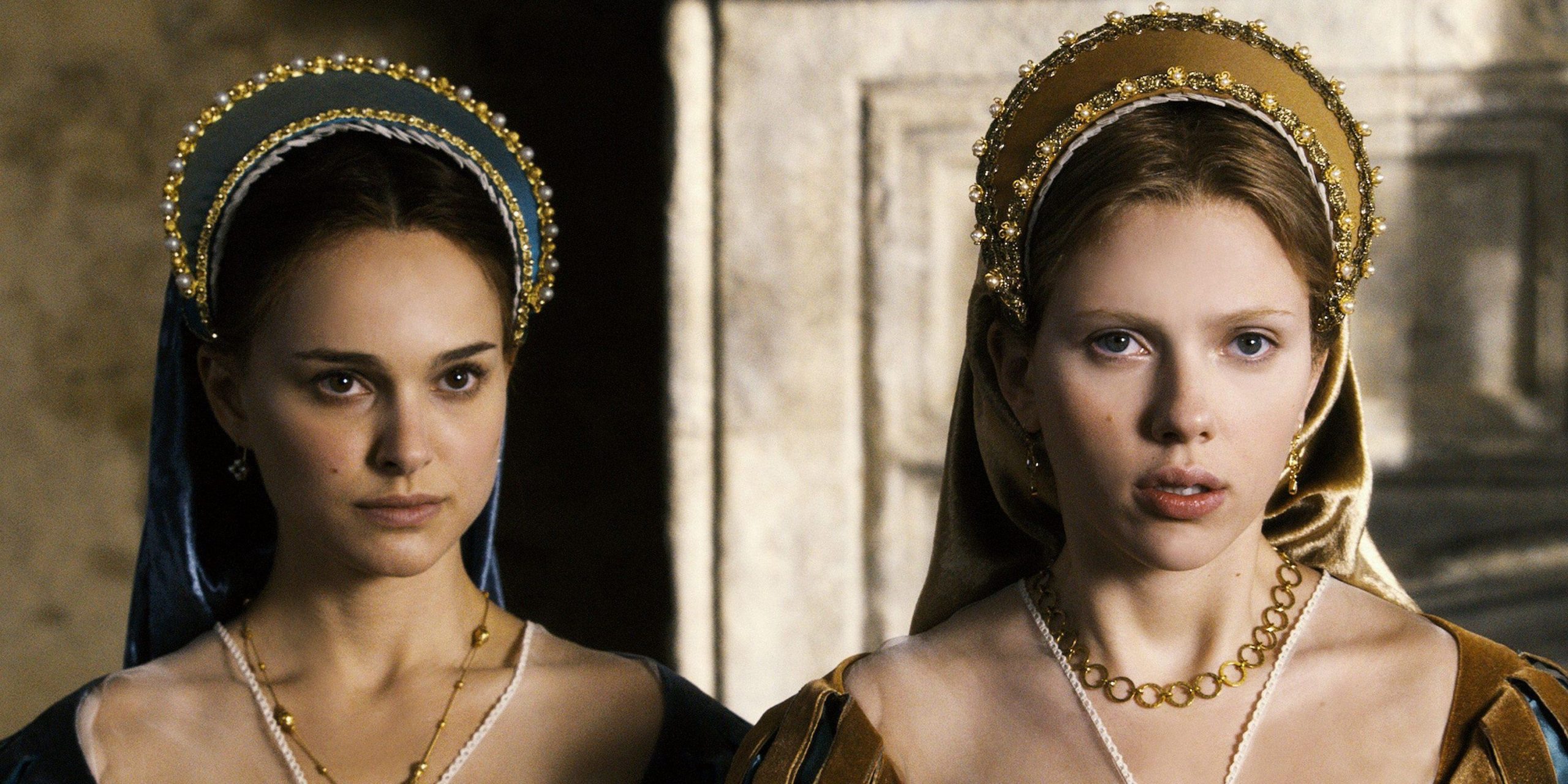
People have always been captivated by historical movies, and it's unlikely this will ever change. These films sweep audiences back in time, offering the opportunity to visit times long gone and meet people who formed history. However, they don't often allow the audience to learn accurate details about that history.
RELATED: RPGs Whose Historical Accuracy Would Surprise You
Many generally applauded historical films take a lot of liberty with history, changing both past events and people's actions or characters to suit the plot's purposes. From spinning false romances to excluding important people, many enjoyable historical films aren't necessarily true to life.
The Other Boleyn Girl (2008)
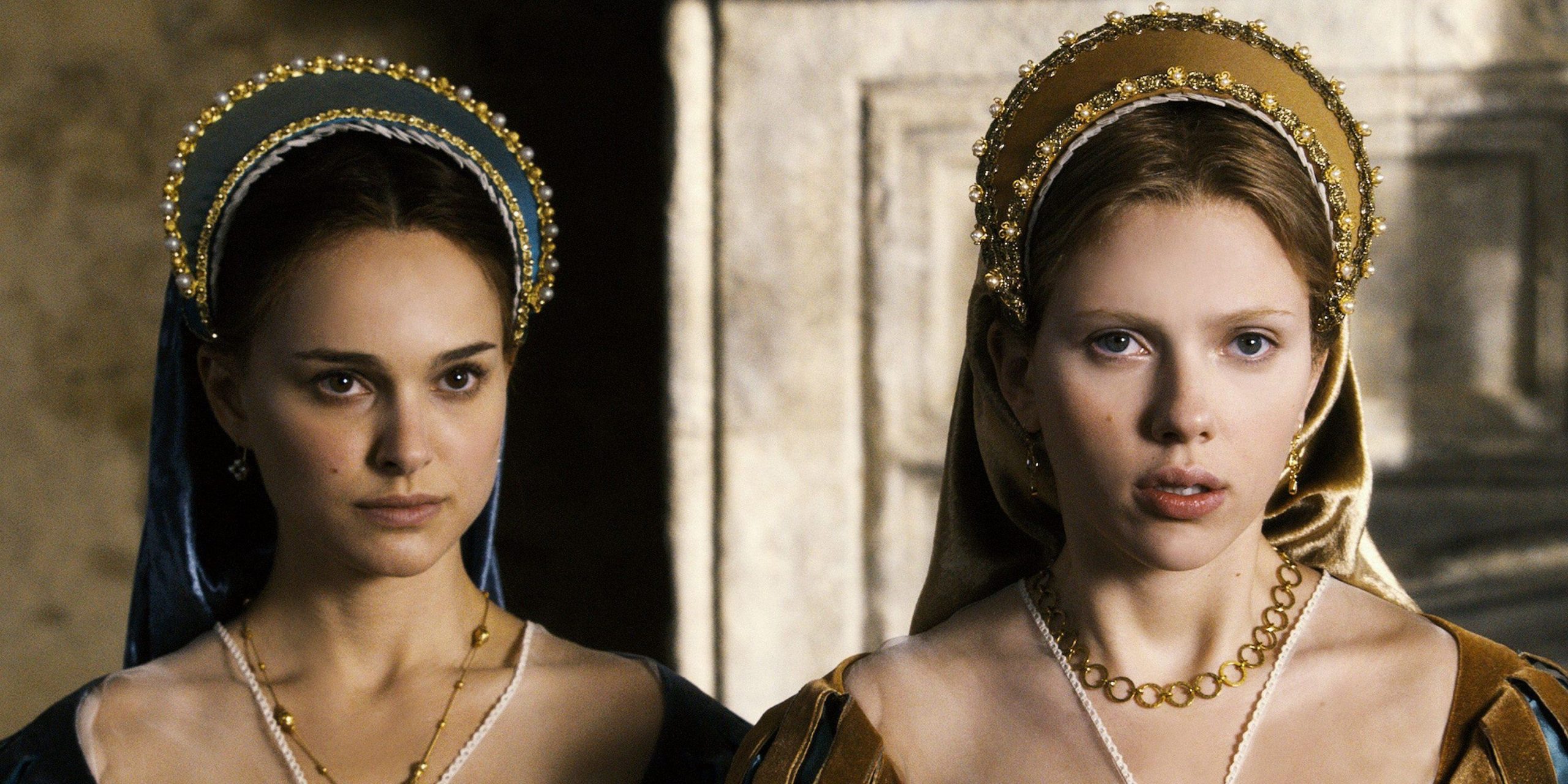
Based on a novel by Philippa Gregory, The Other Boleyn Girl tells the story of the complicated love triangle between Henry VIII, Anne Boleyn, and her sister Mary. While it offers captivating performances and beautiful settings, it treats history very liberally.
For example, it presents Mary Boleyn as Anne's younger sister, even though Mary was older than Anne. It also suggests that Mary had children with the king, even though that's never been proved. Finally, it fails to mention that Mary's romance with the king ended long before he started pursuing Anne.
Shakespeare In Love (1998)
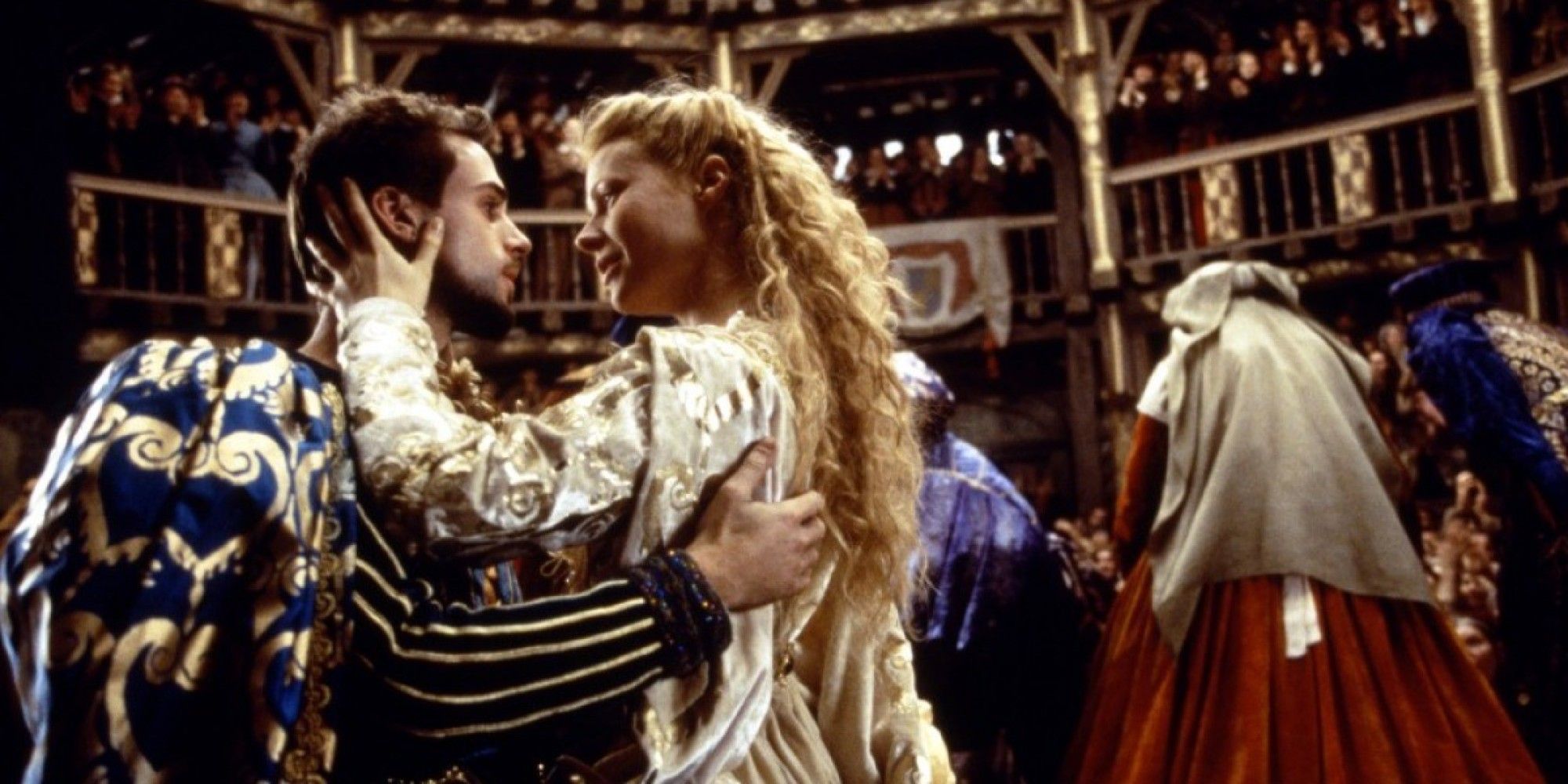
The Oscar-winning Shakespeare in Love Another historical film based in the Tudor era that doesn't follow history too closely. The romance between William Shakespeare and Viola de Lesseps was not a true aspect of his life, but was created for the film.
At one point in the film, the queen Elizabeth tells Viola's future husband that Viola is no longer pure and has had a physical relationship with another man. That could have been enough to break the engagement but Viola's fiancé pushes on and marries her regardless. This is despite the fact that it would mean risking raising children who were not his, which no nobleman of this time period would be willing to do.
300 (2006)
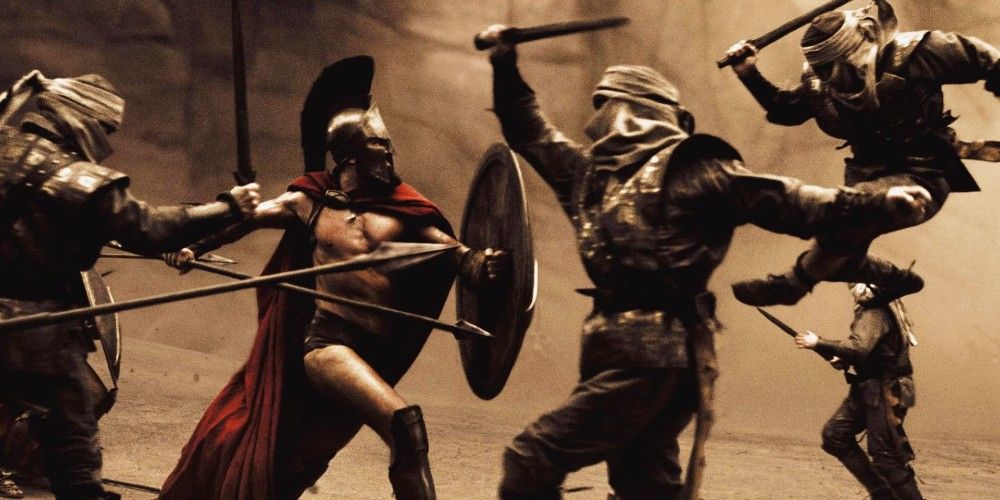
It's somewhat understandable that Zack Snyder's action piece 300 doesn't follow history closely, since it's based on comics. Nevertheless, its basic premise and the title itself are all wrong.
The film follows the battle of 300 Spartan men against a much larger Persian army — except when the actual historical battle took place, there were thousands of warriors, not just 300. They were still outnumbered against their enemies, but not nearly by as much as the film would like the audience to believe.
Braveheart (1995)

Braveheart is now a classic and one of Mel Gibson's most successful movies, but once again, it takes a lot of creative liberties with history. For example, it suggests that the main hero, William Wallace, was raised as a farmer. In real life, though, Wallace was a Scottish nobleman.
RELATED: The Crown: Historical Inaccuracies In The Netflix Show
In the film, Wallace is motivated to fight the English rule over Scotland because of the tragic death of his wife. While a noble cause, the actual Wallace must have had different reasons for engaging in combat, because his wife isn't mentioned at all in any historical records and notes.
Amadeus (1984)
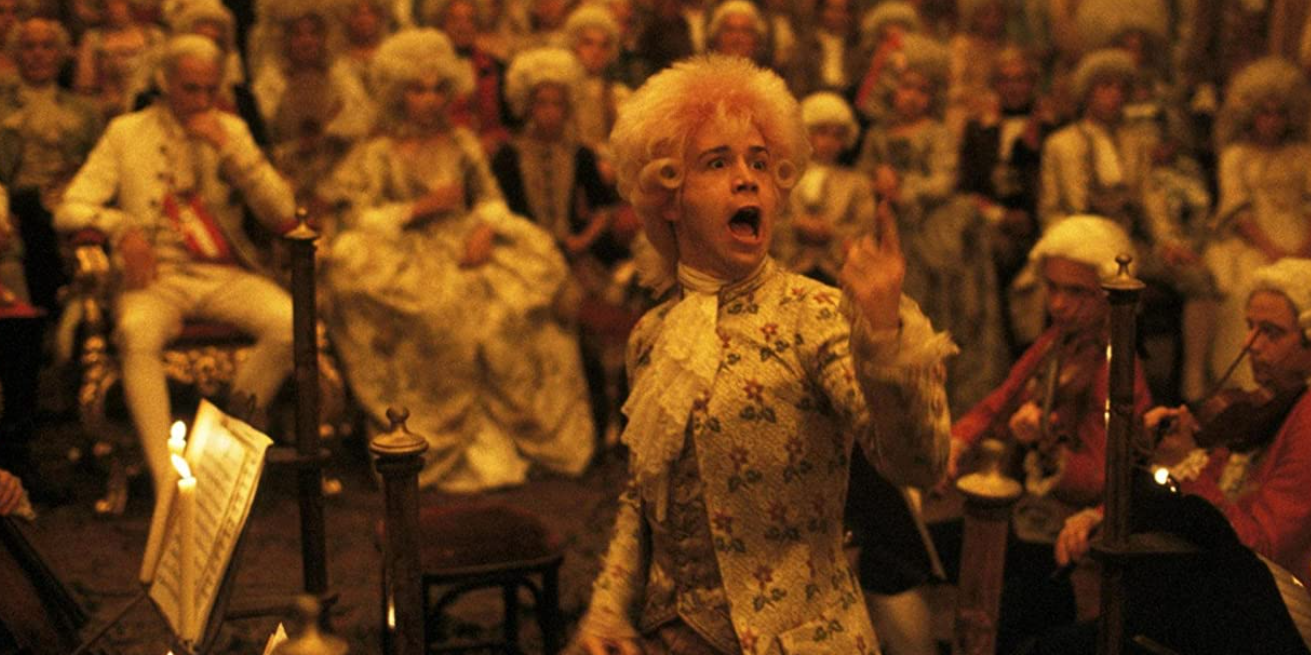
Wolfgang Amadeus Mozart was a brilliant composer, and Antonio Salieri was so jealous of him that he wished for his rival's death. At least, that's what the successful historical movie Amadeus would like the audience to think. However, there's no proof that Salieri ever plotted Mozart's death or was so bitterly jealous.
Speaking of Mozart's death, Salieri didn't poison him; rather, Mozart died from the parasitic disease trichinosis. The real-life Salieri also had multiple children, unlike his film counterpart who gave up relationships for his music, resulting in unhappiness.
The Private Life Of Henry VIII (1933)
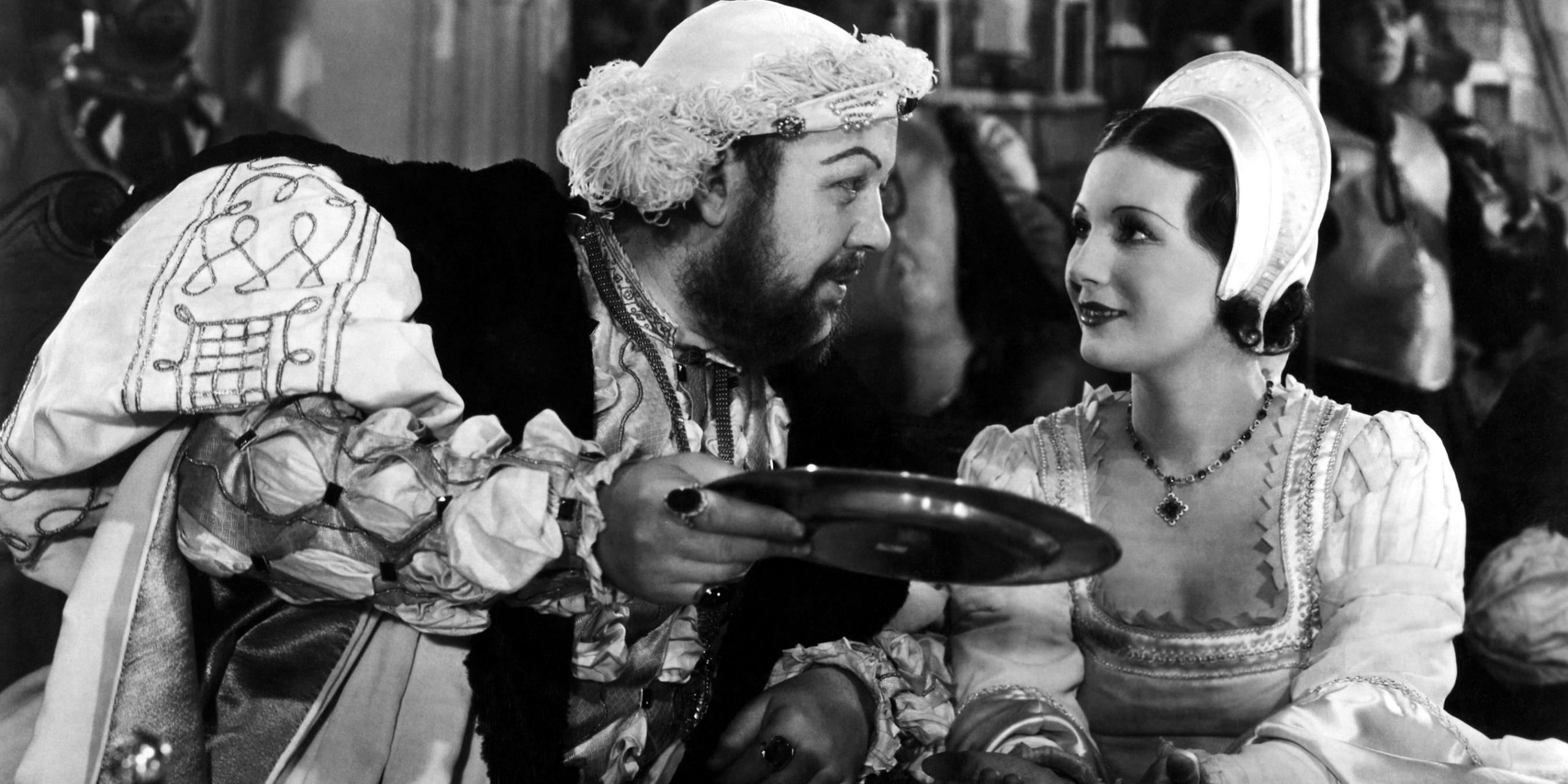
Unlike The Other Boleyn Girl, this comedy movie gives space to several of Henry VIII's wives, not just Anne Boleyn. What connects these films, on the other hand, is that they both pay very little mind to historical accuracy. For example, Charles Laughton played Henry as a gluttonous man who constantly flirted with ladies.
In real life, Henry VIII had very few publicly known affairs, as he prided himself on his discretion. The film also suggests that the king's fourth wife, Anne of Cleves, wanted to divorce him to marry her lover. In real life, Henry was the one who initiated the divorce, and Anne never remarried.
The Imitation Game (2014)
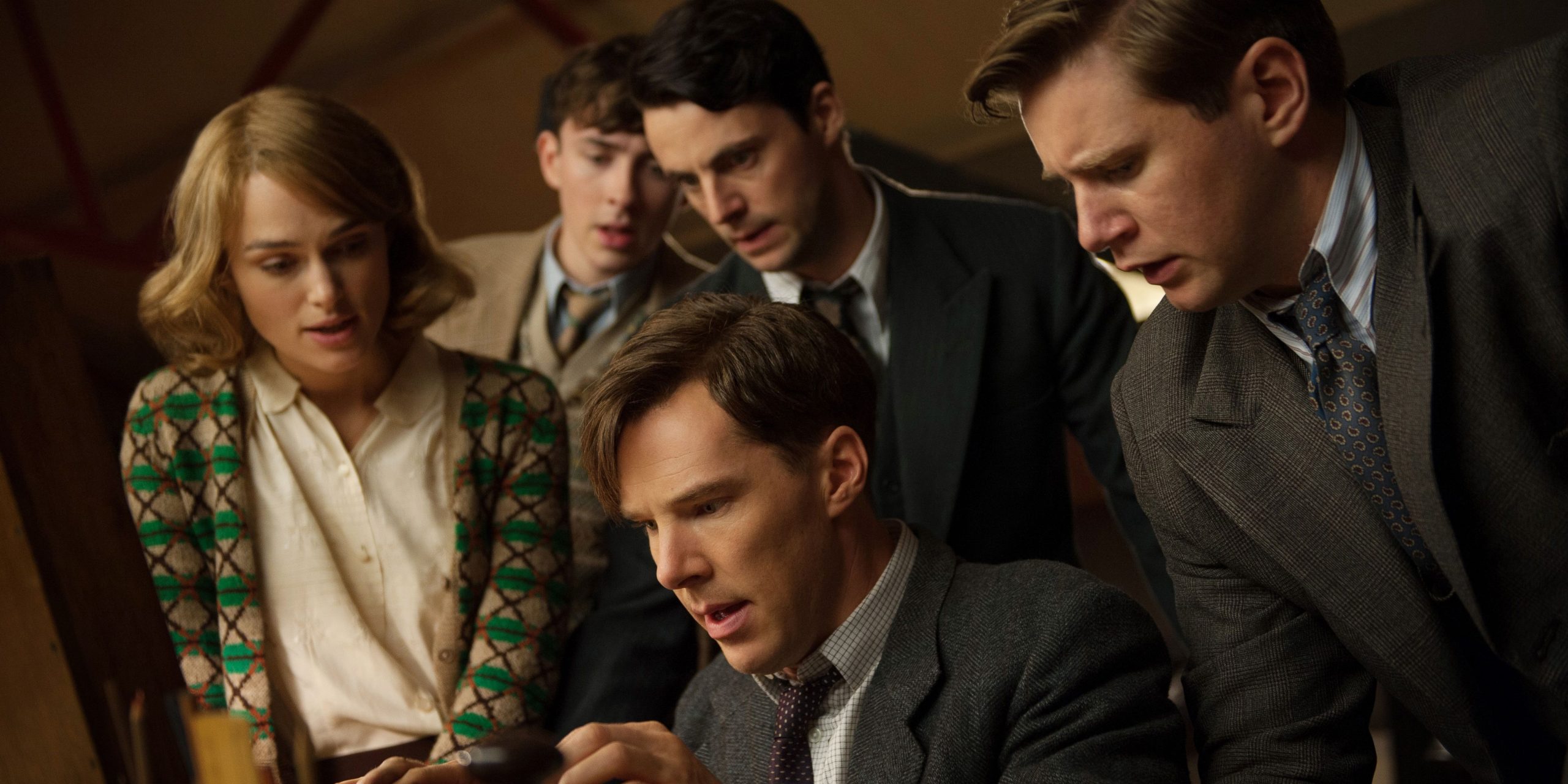
After his iconic portrayal of Sherlock in the BBC series that brought Benedict Cumberbatch fame, Cumberbatch shone in this film as the real-life genius, Alan Turing. But while Turing was indeed instrumental in deciphering the Enigma codes during World War Two, he didn't do it alone as the film suggests.
RELATED: Things In The Conjuring Universe That Are Historically Accurate
In fact, a whole team of people worked on cracking the German codes, since they very well knew it could turn the tide of war to their advantage. However, considering the film focuses primarily on Turing, it makes sense why it diminished the accomplishments of others to a certain degree.
JFK (1991)
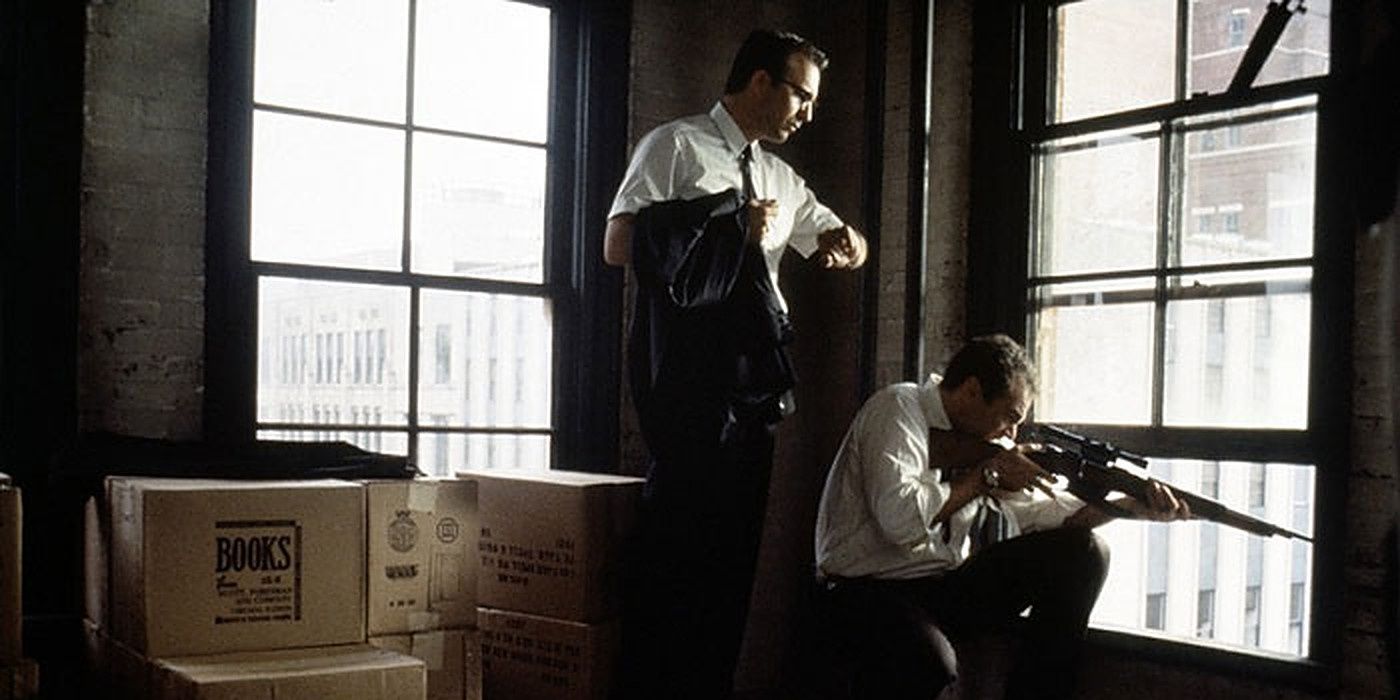
To be fair to director Oliver Stone and everyone who worked on the film, it was difficult, if not impossible, to make the story one hundred percent accurate. After all, it's still unclear to this day what exactly happened on the day President Kennedy died. The film combines real-life events as well as conspiracy theories surrounding the assassination. However, it does differ in some ways that the public already knew of at the time of the filming.
For example, the film features a scene in which David Ferrie breaks down and confesses. In reality, Ferrie never acted this way. JFK also suggested that Lyndon B. Johnson, Kennedy's successor, had something to do with the assassination; however, this has never been proven.
Apocalypto (2006)

Apocalypto portrays the struggle of a group of people captured by Mayans, who are to be sacrificed. The biggest misconception lies in the somewhat harmful way the film portrays the Mayans. It presents them as a savage and barbaric people, determined to sacrifice the young people they captured.
This is different from their real-life behavior, as Mayans hardly ever made human sacrifices. If they did, it was as a punishment against traitors of noble standing, rather than innocent commoners.
Marie Antoinette (2006)
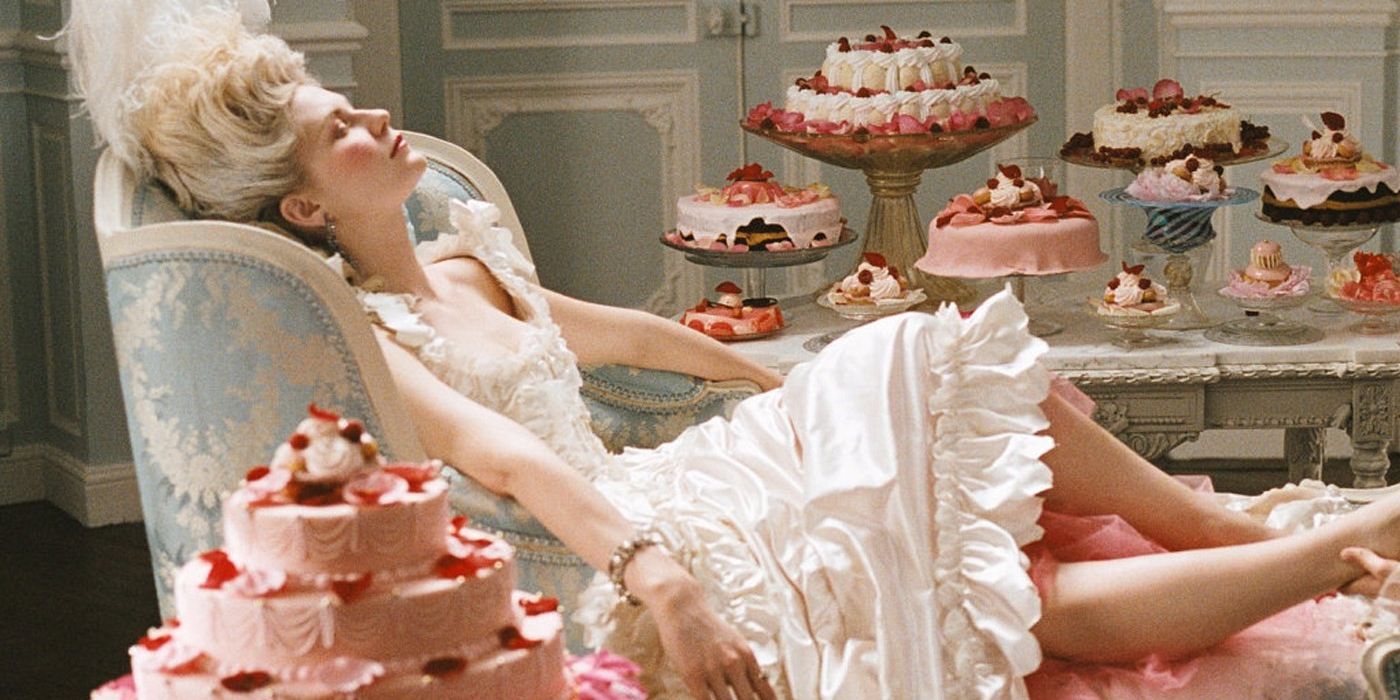
The eye-catching costumes and Kirsten Dunst's performance were enough to make the film enjoyable. However, it once again doesn't follow history too closely. For example, it shows Marie Antoinette and her husband quickly becoming lovers.
In reality, it took them approximately seven years. The film also pays very little attention to the politics of this time. As such, it doesn't explain why so many people dislike the young Marie Antoinette in the film.
NEXT: Weird Historical Inaccuracies In Movies


